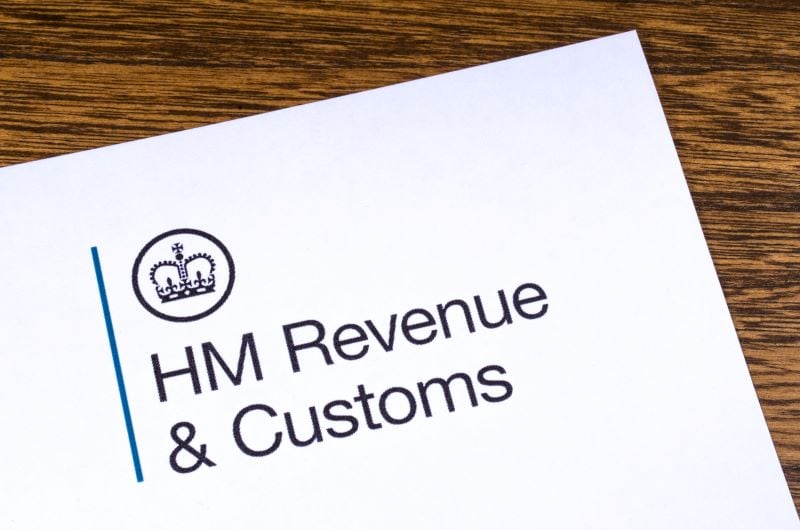HMRC umbrella company ‘checking tool’ looms for workers
Umbrella company consultation response and guidance due from HMRC, as more details come out on Tax Administration and...
READ MORE
Public accounts Committee calls on HMRC to rapidly close the ‘eye-watering’ £42bn tax gap – including more than just the extra staff being lined up to help.

HMRC has been criticised over its failure to collect £42bn in outstanding taxes by the UK’s Public Accounts Committee (PAC) in its report on the tax authority’s compliance approach.
The report into HMRC’s performance in 2021/22 found that the ‘tax gap’ is running at 5.1% (£42bn) of annual liabilities, and that unacceptable levels of customer service were “unlikely to improve quickly”.
PAC chair Dame Meg Hillier MP said: “The eye-watering £42bn now owed to HMRC in unpaid taxes would have filled a lot of this year’s infamous public spending black hole. The public purse will continue missing out on billions of desperately needed revenues as HMRC will only employ more staff to tackle compliance over the next few years – not fast enough to dent the tax gap at a time of huge public sector spending pressures.
“We recognise the problems HMRC faces – due to poor controls, the horse has bolted – but we believe there is a moral duty to pursue fraud. HMRC must ensure dishonesty is not seen to create advantage.”
While the PAC acknowledged HMRC collected £731.1bn in taxes and duties in 2021/22, the – highest on record – it also said HMRC “lacks ambition to tackle fraud and error and recover losses”, with the tax authority “aiming to recover only a quarter of the £4.5bn lost to fraud and error in Covid support schemes like furlough”. R&D tax relief abuse was also high, and problems with VAT’s susceptibility to fraud “appear to be better managed in other European jurisdictions”.
PAC ‘right to sound alarm’
Dawn Register, BDO’s head of tax dispute resolution, told Financial Accountant the PAC was “right to sound the alarm” over the more than £42bn in outstanding taxes which remain unpaid. During the pandemic, HMRC understandably had to take a pragmatic approach, she said, “but in the current post-pandemic environment with the public finances under great strain, HMRC is under significant pressure to recover this lost revenue”.
Register noted that the PAC report followed the NAO’s findings that reduced compliance activity during the pandemic led to a drop of £9bn in revenue, and that a “mammoth catch-up exercise is required”. “There are clearly important questions for HMRC about how they allocate and make best use of available resources, but there’s also a wider question for the government,” said Register. “If we know that for every £1 spent on compliance, the Exchequer recovers £18 in additional tax revenue, you have to wonder why HMRC aren’t given more resources to carry out their work. This should be a priority in the March Budget.”
RSM partner Susan Ball agreed the PAC was “right to be challenging HMRC” on customer service levels”, calling the delays that taxpayers and their advisers currently face “not acceptable” – especially “in the run-up to the 31 January online self-assessment deadline”.
HMRC has 6,000 fewer customer service staff than five years ago, she added; and, by also sending out fewer payslips and payment reminders than HMRC used to, could lead to more attempts to contact HMRC to find out how much to pay and by when.
“It is crazy that people trying to get help from HMRC on paying the right amount of tax find it so difficult to get through, especially when an estimated £3bn a year is lost to the Exchequer from non-deliberate taxpayer error – the first principle of compliance surely has to be making it easy for willing taxpayers to comply with their obligations,” Ball added.
An HMRC spokesperson responded: “Since 2005 we have cut the UK’s tax gap by more than 30%, and we continue to prioritise collecting unpaid taxes, which is why are adding a further 2,500 people to our compliance teams in 2022/23, as well as rolling out our digital offer to ensure everyone pays what is due. We take a supportive approach to taxpayers in debt and balance that with recovering debt from those who can afford it.
“The Covid support schemes protected millions of jobs and businesses during the unprecedented pandemic, and whilst we ensured payments were not unnecessarily delayed, we also minimised fraud through compliance checks and have protected £1.2bn so far.”